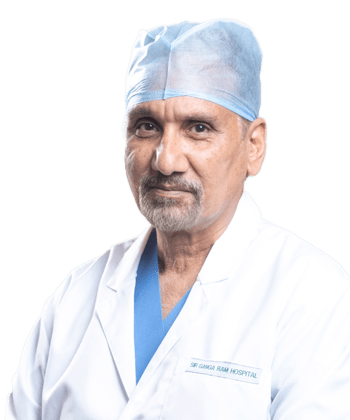 Dr. Prof. P.N. Dogra
Dr. Prof. P.N. Dogra
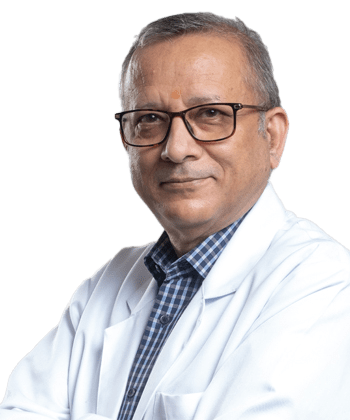 Dr. Sudhir Khanna
Dr. Sudhir Khanna
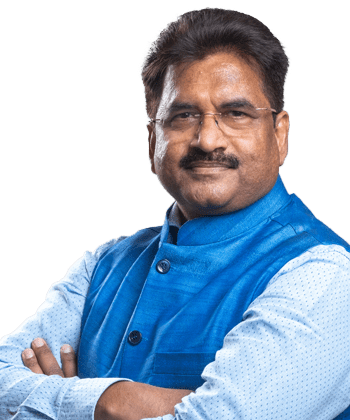 Dr. Ajay Sharma
Dr. Ajay Sharma
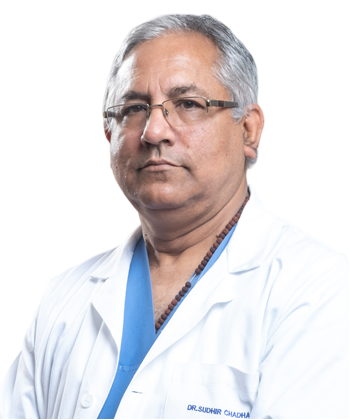 Dr. Sudhir Chadha
Dr. Sudhir Chadha
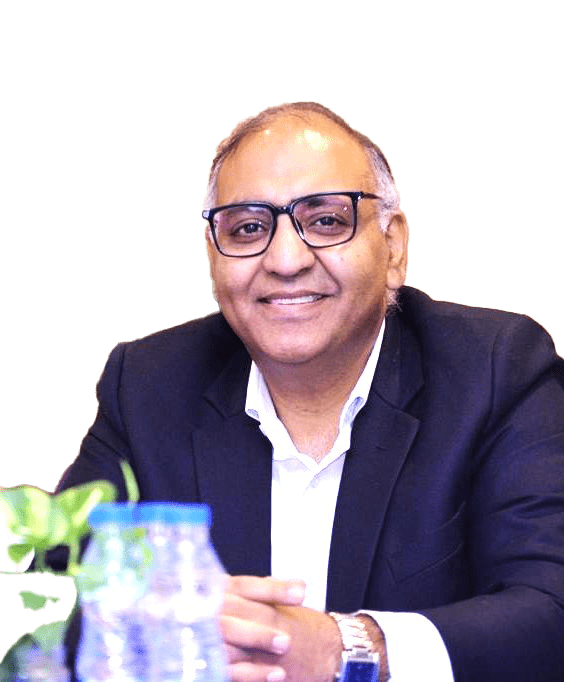 Dr. Manu Gupta
Dr. Manu Gupta
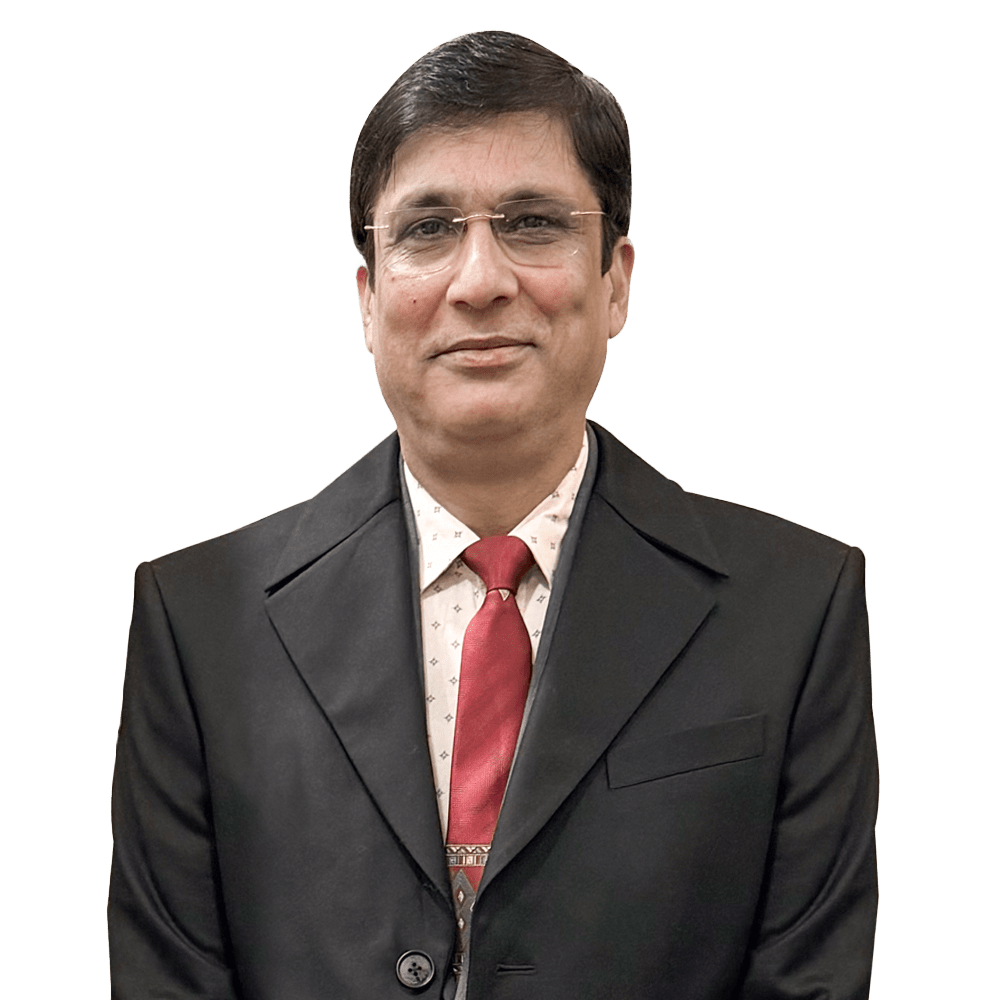 Dr. Amrendra Pathak
Dr. Amrendra Pathak
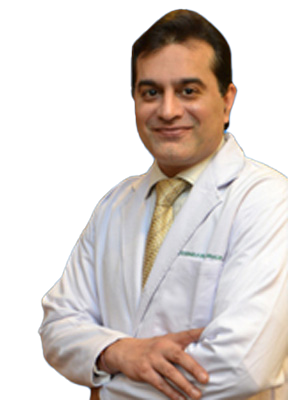 Dr. Sachin Kathuria
Dr. Sachin Kathuria
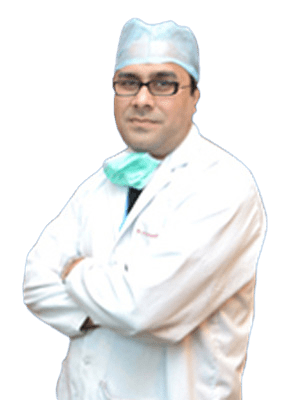 Dr. Vipin Kumar Tyagi
Dr. Vipin Kumar Tyagi
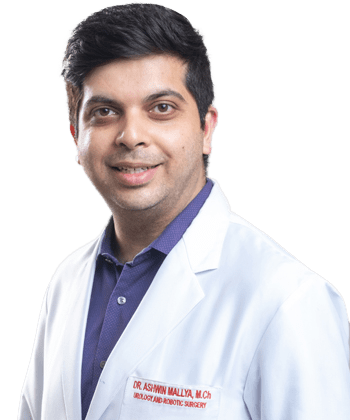 Dr. Ashwin Mallya
Dr. Ashwin Mallya
 Dr. Ankit Tyagi
Dr. Ankit Tyagi
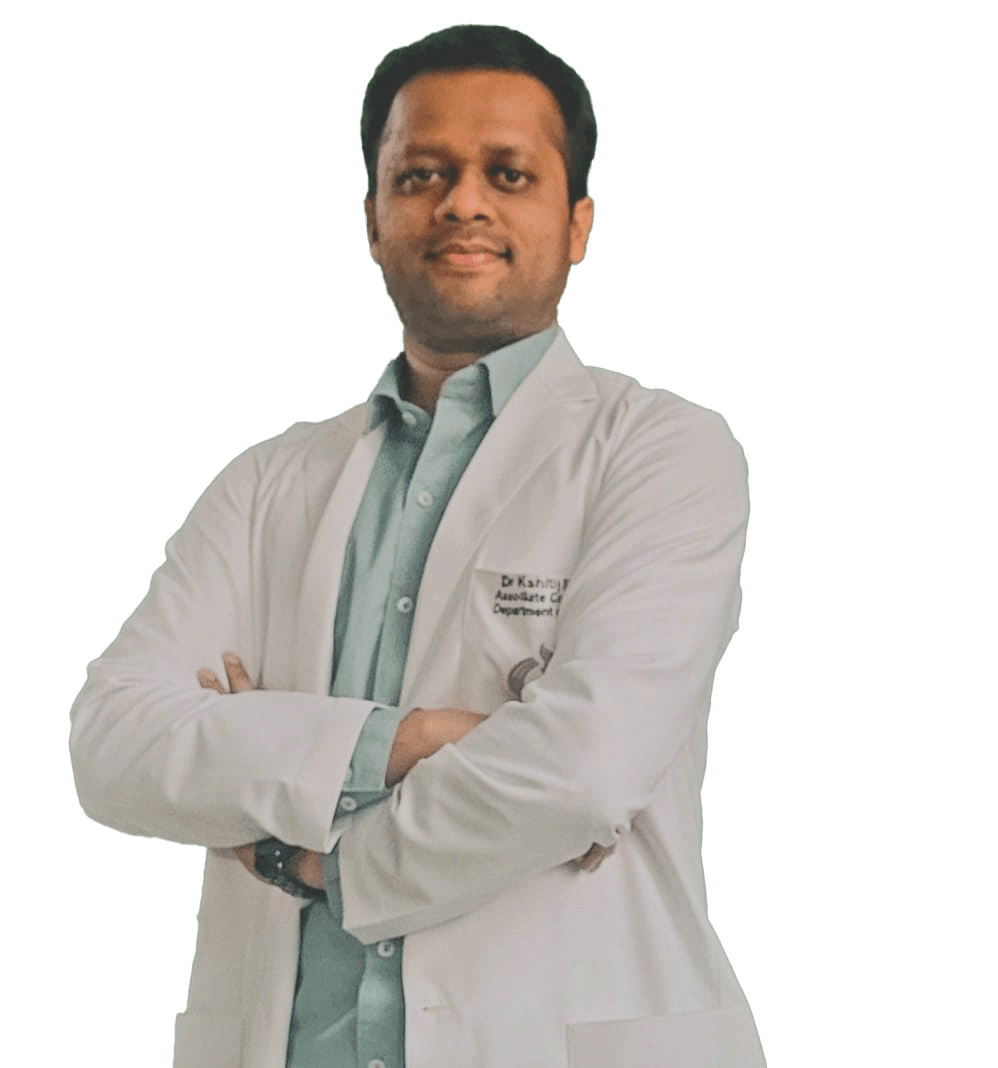 Dr. Kshitij Kumar Singh
Dr. Kshitij Kumar Singh
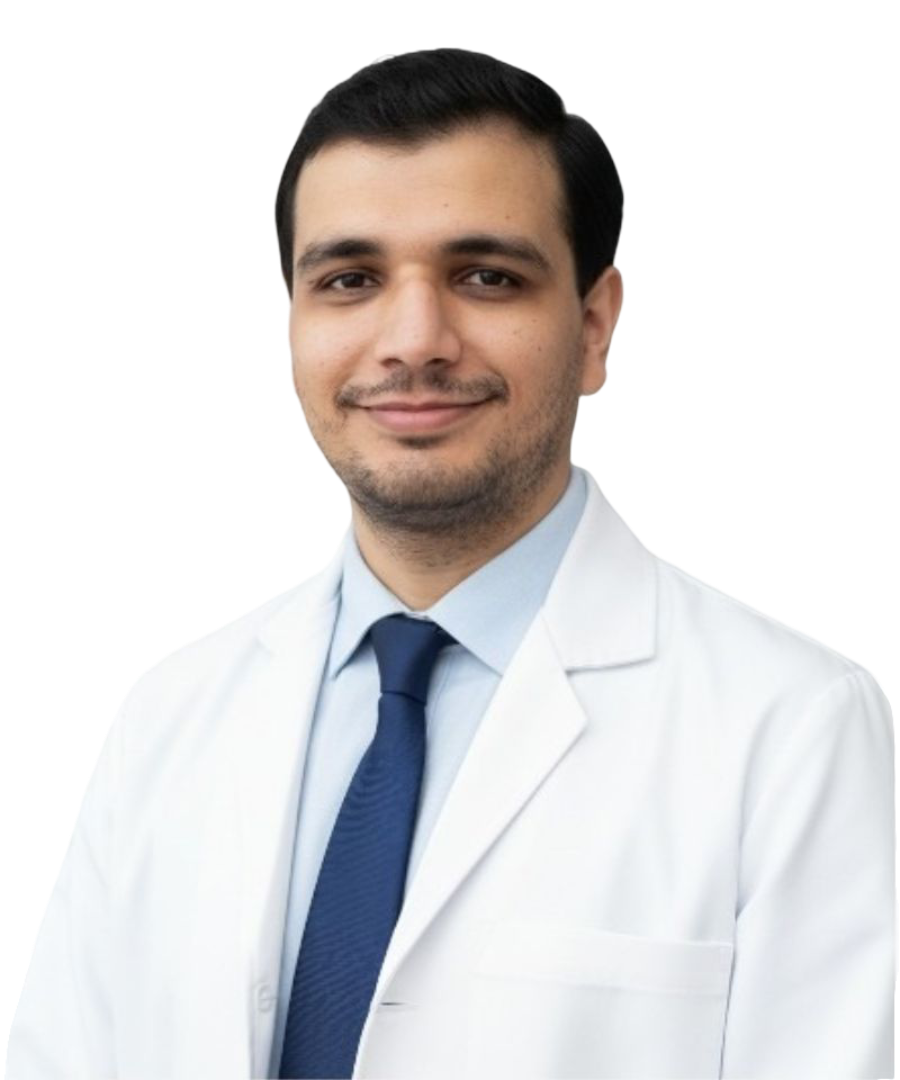 Dr. Vibhushit Kaul
Dr. Vibhushit Kaul
 Dr. Bipul Agarwal
Dr. Bipul Agarwal
Urology is one of the fastest-advancing medical specialties, dealing with the diagnosis and management of genitourinary disorders. It encompasses conditions affecting the adrenal glands, kidneys, ureters, urinary bladder, prostate, seminal vesicles, and male genital organs such as the testes and penis. In females, urology addresses surgical conditions of the kidneys, ureters, and bladder, as well as urinary incontinence and urinary fistulae, including ureterovaginal and vesicovaginal fistulas.
The Department of Urology has the distinction of being the first of its kind established in a non-government hospital in North India. The department was formally inaugurated in 1982 under the leadership of Dr. B. K. Vohra. Since its inception, it has achieved numerous milestones and has many first to its credit. It was recognized as a Centre of Excellence by the Government of India in 1986.
The department is composed of 13 full-time faculty members and 12 senior urology residents who collectively provide comprehensive urologic care, adhering to the highest ethical academic standards adhering to contemporary evidence-based medical practice.
Chronological Order of Firsts for the Department at Sir Ganga Ram Hospital
The department has been running a well-structured successful DNB program since 2001 and positions for training here are coveted. There is a comprehensive teaching program where all aspects of urology and renal transplant are covered. The DNB trainees have done very well in their urological careers after graduating from this hospital. The department organizes various annual workshops and CME programmes regularly inviting national and international faculty for promoting academics in Urology. Our Consultants are invited as faculty for national and international conferences and scientific papers & videos are presented routinely at all urology forums. DNB trainees have to submit thesis as part of academic curriculum and these have been well received. Currently four Residents are admitted every year.
1. Endourology
All operations for stone in kidney, ureter bladder are removed endoscopically. Procedures like PCNL (Percutaneous Nephrolithotomy), endopyelotomy, ureteroscopy and RIRS are routinely done. Operations for enlarged obstructing prostate like TURP, Bipolar TURP, and HOLEP are done as standard of care. Trans urethral resection of prostate is being done in our department for more than three decades. The department has a 100-watt holmium laser for treating stone disease as well as Prostate disease. Minimization of PCNL has helped in treating big stones with small incision & no tubes. The Thulium Laser as used to treat kidney stones, employs high-frequency pulses to effectively break down stones into smaller fragments, making them easier to pass naturally or remove during surgery.
2. Andrology
This subspecialty relates to male sexual disorders such as impotence, and male infertility. Psychosexual counselling and procedures like Penile implants are being done for those patients not responding to other treatment.
Sperm retrieval by all techniques like TESA, MESA and PESA for micromanipulation like ICSI is done in coordination with department of IVF. Operations such as vaso-epididymal anastomosis are performed for obstructive azoospermia.
3. Pediatric Urology
Pediatric urology is a subspecialty of urology that focuses on diagnosing and treating urological conditions in children from birth to adolescence (typically up to 18 years). It addresses congenital (present at birth) and acquired disorders of the genitourinary system (kidneys, ureters, bladder, urethra, and genitals). Hypospadias corrective surgeries are regularly done in department.
4. Robotic Surgery
Surgery is performed by the surgeon using a console that controls instruments attached to a robot, allowing the robot to act exactly the way the surgeon does. It is technically more advanced and precise form of minimally invasive surgery. There is increased motion range, improved dexterity, enhanced visualization thus improving quality of surgery and its outcome. The blood loss is reduced, and less pain shortens the hospital stay and faster functional recovery. Various surgeries performed by Robot are done for cancers of prostate, kidney, bladder and adrenal gland. Reconstruction of birth defects in kidney and ureter like pyeloplasty, re implantation of ureter, Boari flap, repair of VVF/UVF (urine leak from vagina) following gynaecological operations.
5. Uro-oncology
The Hospital has started state of the art advance cancer centre, fully equipped with radiotherapy. We are already treating all types of genito-urinary cancers including adrenal, kidney, bladder, prostate, testis, and penis. These are treated with radical surgery as indicated. Department is fully equipped for Cognitive Fusion TRUS Guided Prostate Biopsy. Best possible management for advanced treatment of Uro-Oncology cancers with inclusion of Robot in armamentarium, provides the full range of quality surgery. Multidisciplinary meets(Tumor Board) help in treatment planning of cancer patients.
6. Laparoscopic Urology
The hospital was one of the earliest to start laparoscopy for kidney surgery. In 2004, country’s first laparoscopic partial nephrectomy and in 2005 first extra peritoneal prostate cancer surgery was done. Today a majority of kidney surgeries like nephrectomies are being done laparoscopically with excellent results. Over 5000 operations have been done in last 21 years. Laparoscopic technique decreases the postoperative pain, hospital stays and gives good cosmetic results
7. Reconstructive Urology
Expertise is offered for all variety of upper and lower tracts reconstructive problems including pyeloplasty, ileal replacement of ureter, Boari flap, and augmentation cystoplasty, whole range of urethral and genital reconstruction. Urethroplasty using buccal mucosa or penile skin is routinely done for complex urethral strictures.
8. Uro-Gynaecology
Treatment for stress urinary incontinence, recurrent urinary infection, and urinary fistulae is available. TVT, TOT (slings) for stress incontinence are being inserted on a regular basis.
9. Neuro – Urology deals with Neurogenic bladder (overactive, underactive, or uncoordinated bladder). Urinary incontinence or retention due to nerve issues
Urodynamics Labs : Functional urology &Neuro – Urology
This was the first department in Delhi to start urodynamic studies in 1983. We have the latest state of the art urodynamic machine. Patients from various hospitals all over North India are referred for urodynamic studies to our department for better understanding of lower tract dysfunction and neurogenic bladder. Department has successfully conducted International Live Workshop and Instructional Course in Urodynamics in 2011 at Sir Ganga Ram Hospital.
ESWL (Lithotripsy)
Non-invasive technique in which stones are broken by application of shock waves with latest shock wave generation lithotripsy machine. Approximately 12000 patients have been successfully treated with lithotripsy. It has got advantages that it can be done without hospitalisation and anaesthesia. Patients can resume their work early after the procedure. Department has state of the art ESWL centre.
LASERS in Urology
Urology lasers are used for a variety of minimally invasive treatments, including kidney stones, enlarged prostates, and urinary tract tumors. We have common laser types include the holmium laser (Ho: YAG) and the thulium laser, which are used for procedures like holmium laser enucleation of the prostate (HoLEP) and laser lithotripsy. These techniques offeradvantages like reduced bleeding and shorter recovery times.
Cognitive Fusion TRUS Biopsy
Cognitive fusion prostate biopsy is a method where a urologist uses their knowledge to mentally merge a static MRI of the prostate with a live ultrasound image, without software assistance. The urologist studies the MRI to identify suspicious areas and then uses anatomical landmarks, like the urethra or cysts, to visually correlate those suspicious areas with the real-time ultrasound image to guide the biopsy needle.
Microscopic Procedures
Microscopic varicocelectomy is a surgical procedure to treat varicoceles (enlarged veins in the scrotum) that uses a microscope for precision to ligate, or tie off, the enlarged veins while preserving the arteries and lymphatic vessels. This "gold standard" treatment is often performed through a small incision, which leads to a higher success rate with fewer complications, faster recovery, and less post-operative pain compared to open surgery. It is used to alleviate pain and improve male fertility.
Micro-TESE, or Microsurgical Testicular Sperm Extraction, is a surgical procedure to retrieve sperm directly from the testicles for men with non-obstructive azoospermia (very low sperm production). It uses an operating microscope to identify and extract sperm from areas in the seminiferous tubules that are more likely to contain them, which minimizes damage to the testicle and can improve sperm retrieval rates compared to traditional methods. The retrieved sperm is then used for assisted reproductive techniques like ICSI.
MIST
Minimally Invasive Surgical Therapies (MISTs) for benign prostatic hyperplasia (BPH), a condition causing urinary symptoms due to an enlarged prostate. These techniques use various methods, such as heat, water, or devices, to shrink the prostate or clear the urinary path with minimal impact compared to traditional surgery.